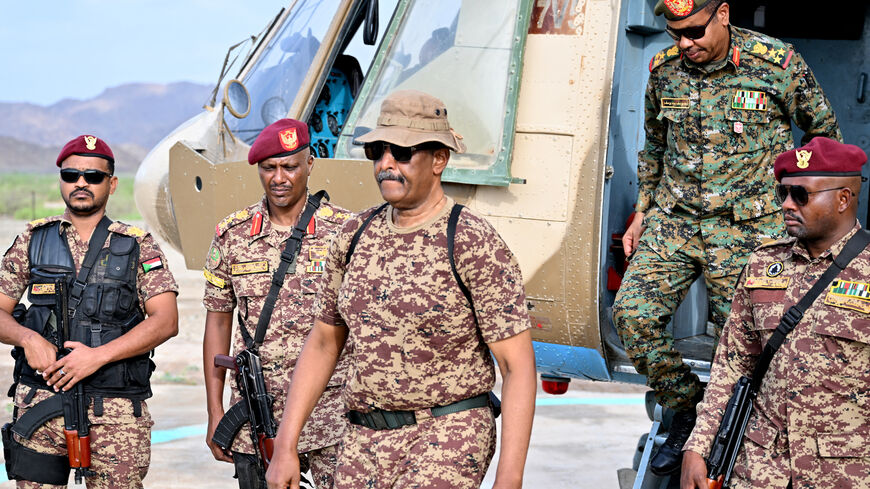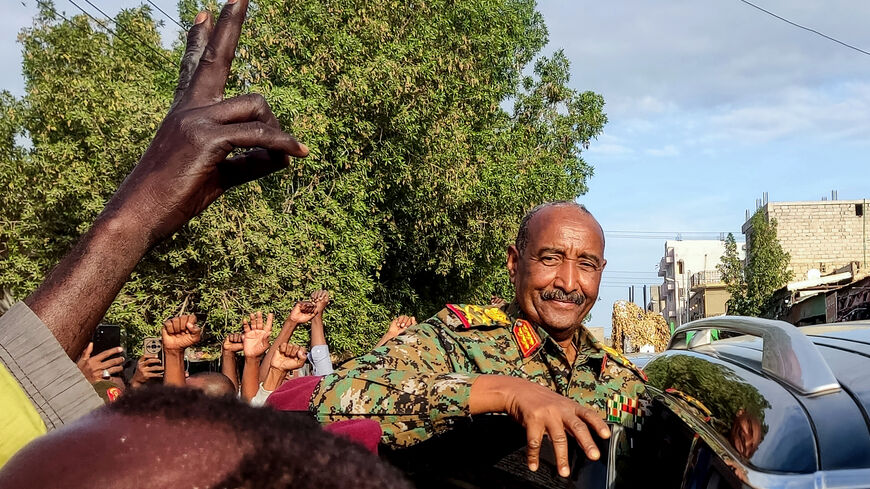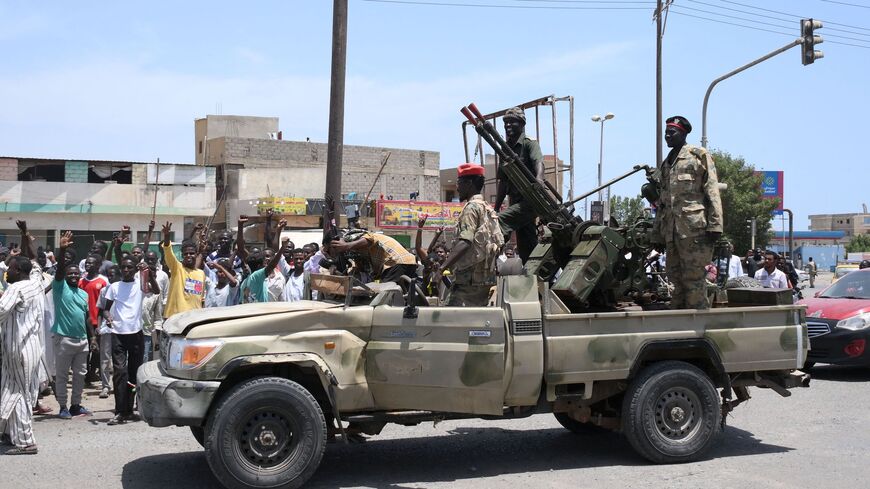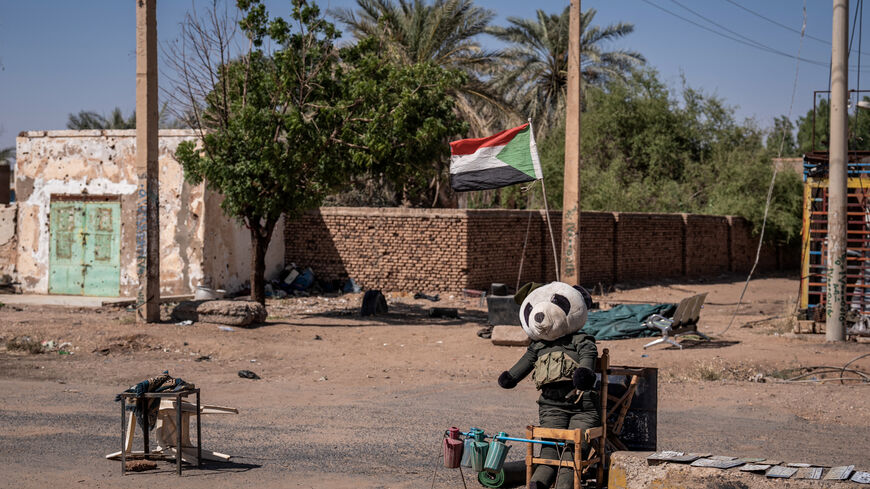Sudan, US delegations head to Saudi Arabia for consultations on peace talks
Sudanese and US delegations will meet in Jeddah ahead of upcoming talks aimed at ending the war in Sudan as Washington pushes the military leadership to join the latest round of negotiations.
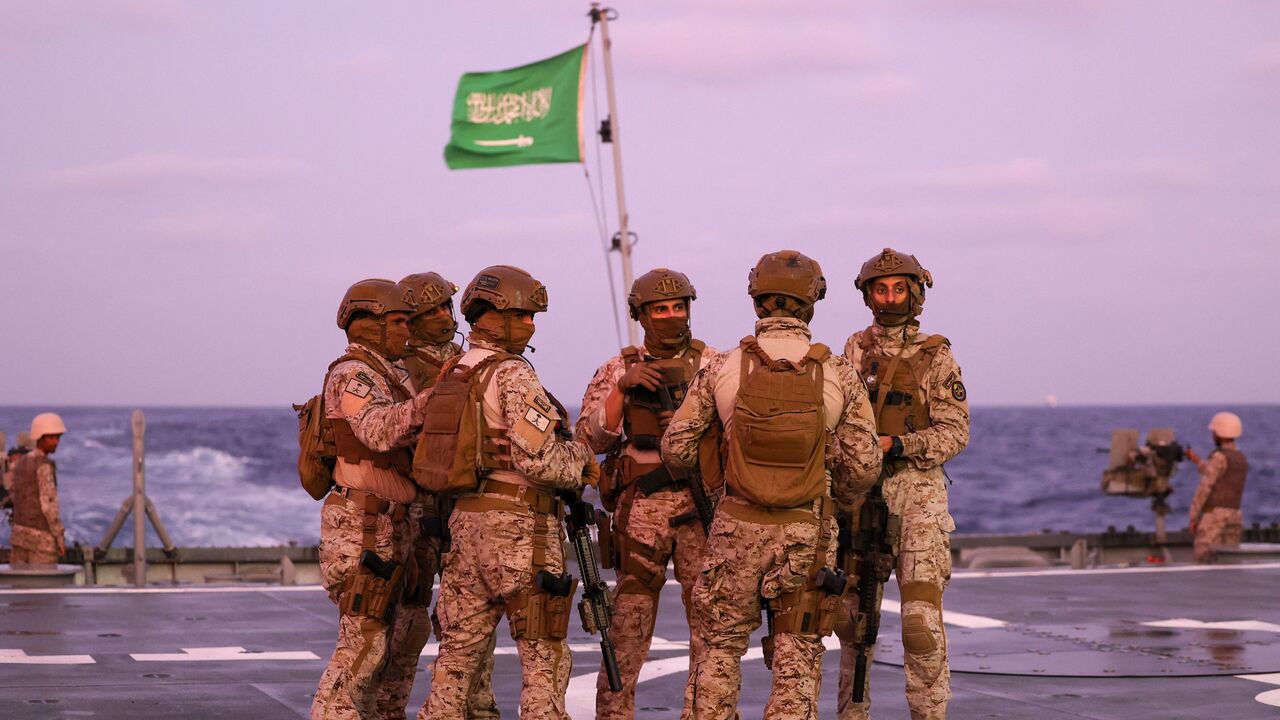
Sudanese Minerals Minister Mohamed Bashir Abunamu headed to Saudi Arabia on Friday, leading a government delegation to consult with US representatives on Washington's invitation for Sudan's warring sides to gather for peace talks in Geneva next week.
In a statement posted on Facebook, Abunamu said the consultations in Jeddah will focus on the “crimes and violations” committed by the paramilitary Rapid Support Forces against the Sudanese people amid the international community’s silence over the civil war in Sudan.
Sudan has been grappling with the devastating war since April 15, 2023, when a power struggle between the Sudanese Armed Forces and the RSF escalated into armed conflict.
Earlier on Friday, the Sudanese government, aligned with the SAF, announced in a statement carried by the official Sudan News Agency that it had dispatched the delegation to Jeddah. The statement did not specify which US officials will be in attendance.
Late last month, Washington invited Sudan’s warring parties for cease-fire talks to begin Aug. 14 in Switzerland.
Saudi Arabia will co-host the talks, which will also include the African Union, Egypt, the United Arab Emirates and the United Nations as observers.
Sources who spoke to the local Sudan Tribune newspaper said the government delegation in Jeddah has been authorized to discuss the agenda of the Geneva talks and the countries that will monitor them. According to them, the government has rejected the US proposal to have the UAE as an observer.
The Sudanese government accuses the UAE of providing arms and other forms of support to the RSF, an accusation Abu Dhabi denies.
While the RSF accepted the US invitation to attend the Geneva talks, the Sudanese government set out several conditions for taking part in them.
The Sudanese Foreign Ministry said in a statement last month that while it is “ready to engage in any negotiations that would end the RSF’s occupation of cities and citizens’ homes,” any talks must be preceded by the RSF’s full withdrawal and an end to its expansion in the country.
Sudan’s military leader, Gen. Abdel Fattah al-Burhan, said that his forces will not join the US-mediated talks with the RSF.
Burhan’s statement came after he survived a drone attack at a military base in Sudan’s eastern Red Sea state on July 31. The army accused the RSF of being behind the attack, which killed at least five people.
“We will not retreat, we will not surrender and we will not negotiate with any party,” Burhan told troops.
On Monday, Burhan spoke over the phone with US Secretary of State Antony Blinken.
In a post on X, the military chief said he urged Blinken and the US administration to address the concerns of the Sudanese government before starting any negotiations.
Blinken called on the SAF to participate in the Geneva talks, which he said were “the only way to end the conflict” in Sudan.
According to a State Department readout, Blinken also stressed “the need to urgently end the fighting and enable unhindered humanitarian access, including cross border and cross line, to alleviate the suffering of the Sudanese people.”
According to sources cited by the Saudi-owned Asharq al-Awsat news outlet, during their phone call Friday, Blinken agreed to meet with Burhan ahead of the Geneva talks.
The United States and Saudi Arabia brokered talks in Jeddah in May 2023 between the rival Sudanese parties. But the talks broke down one month later when the army accused the RSF of failing to implement the terms of an agreement reached there. The last round of negotiations was held in December.
The next round comes as the humanitarian situation in Sudan continues to deteriorate. The war has killed more than 40,000 people and more than 10 million others have been forced to flee their homes in what the United Nations describes as the world’s worst displacement crisis.

